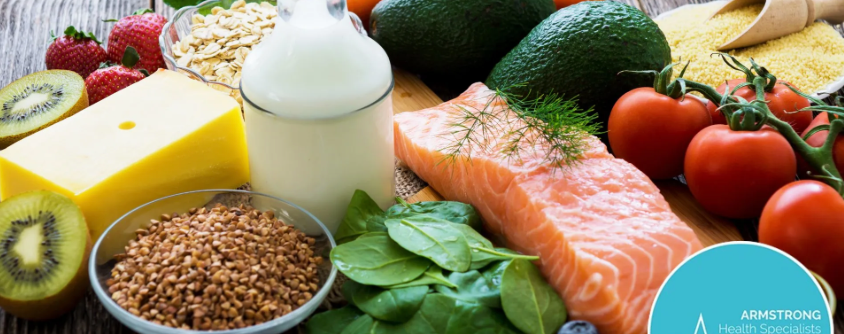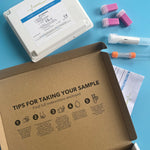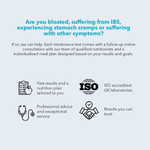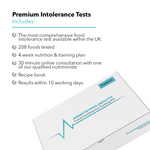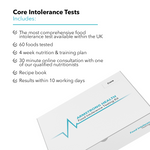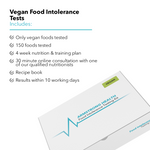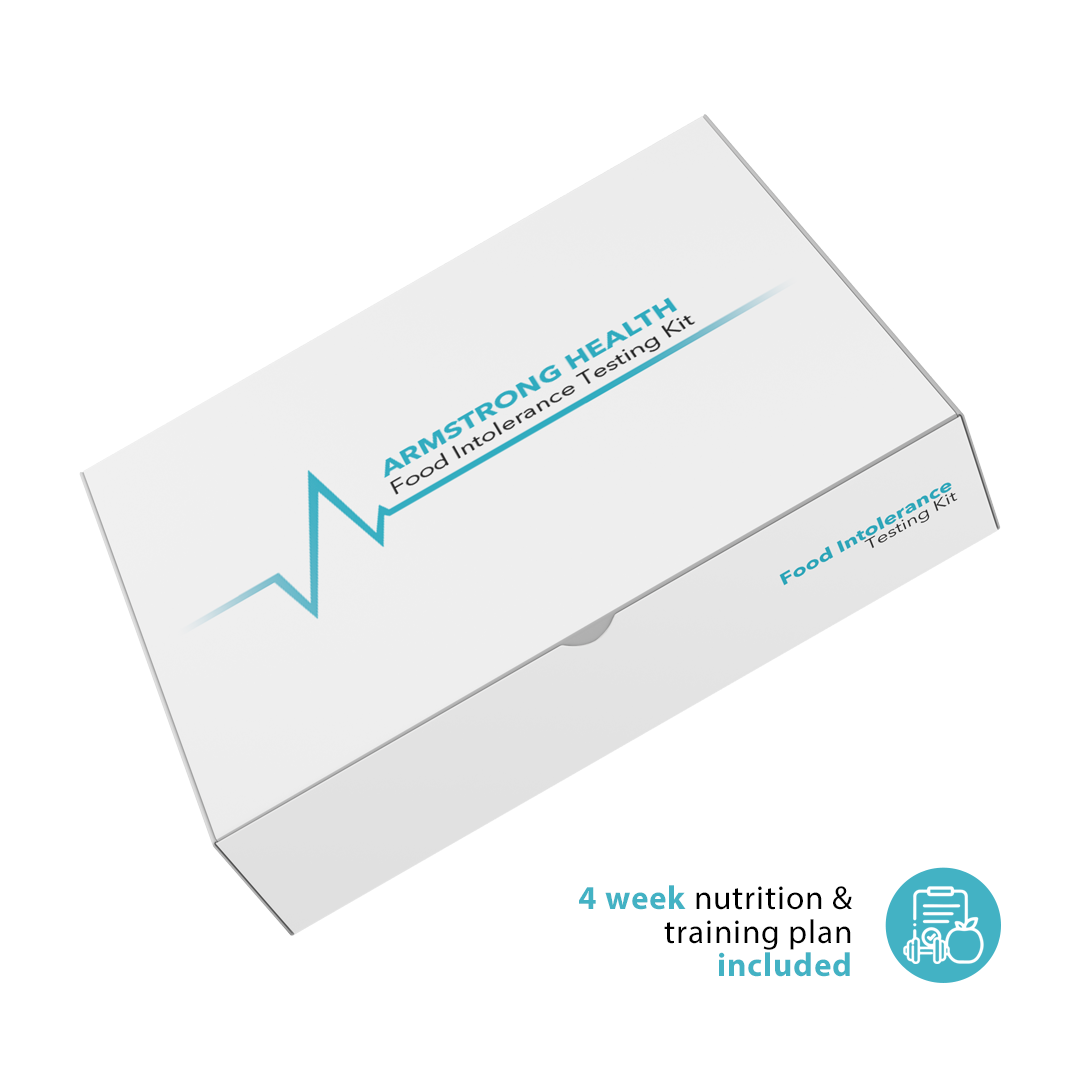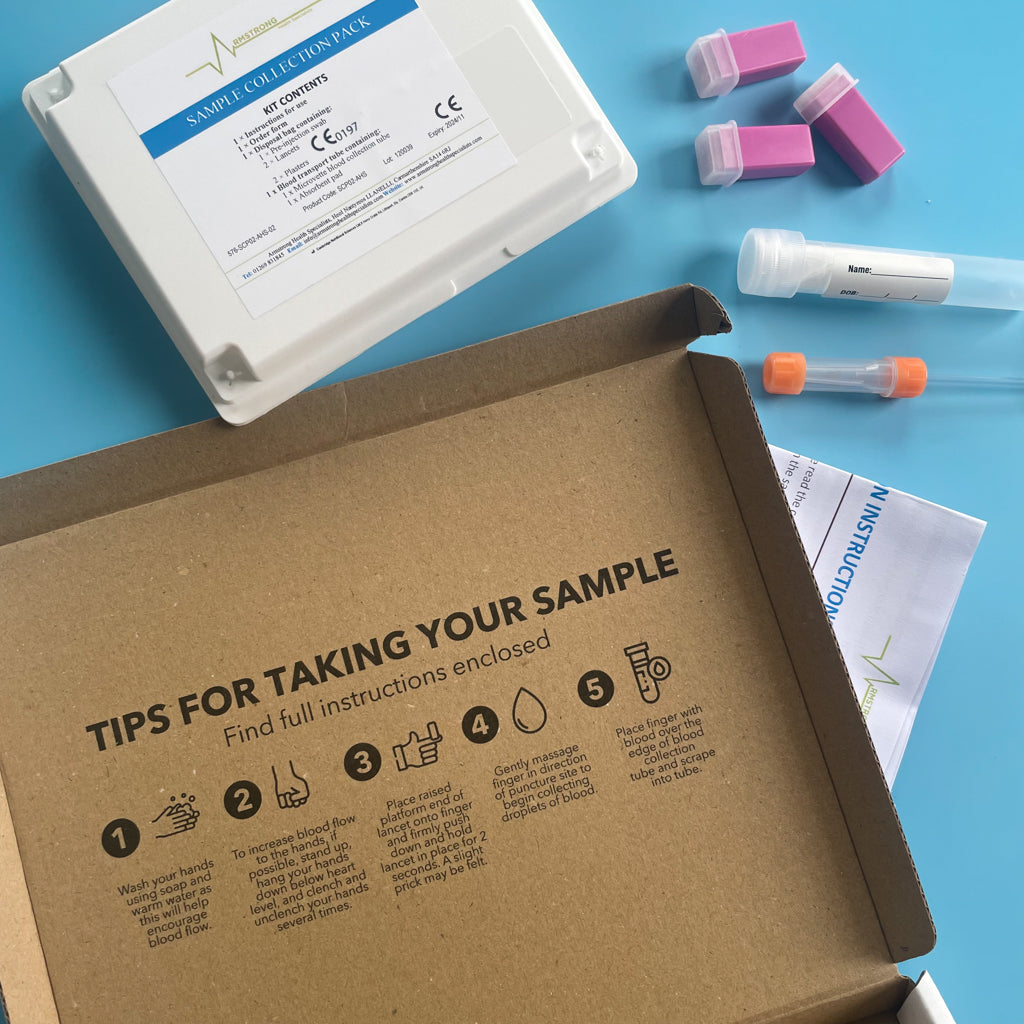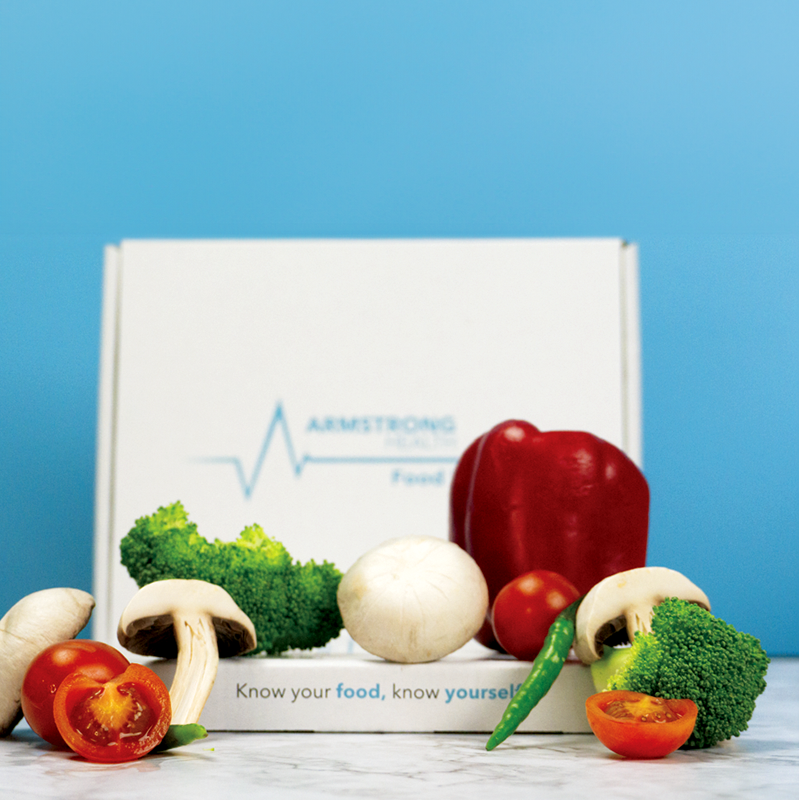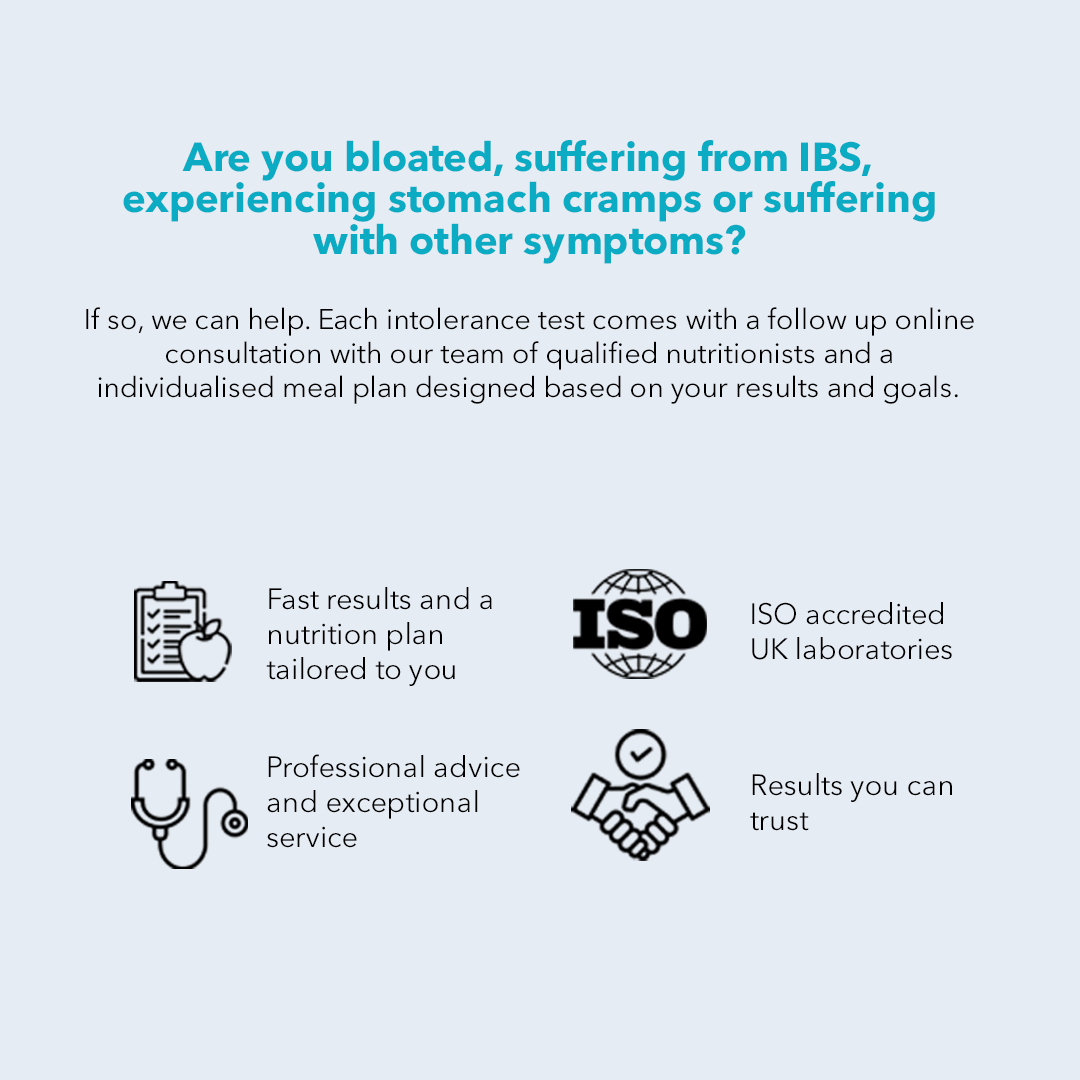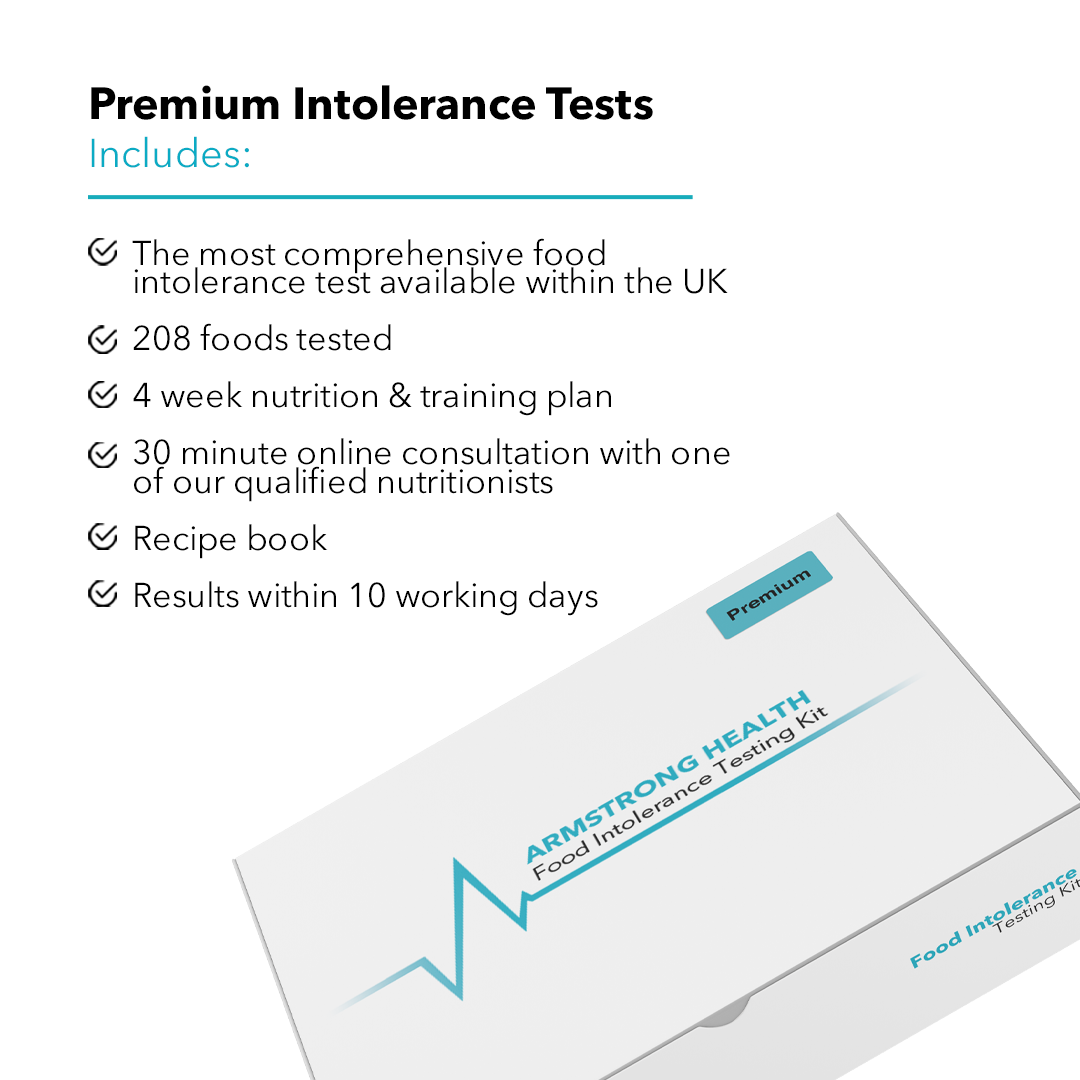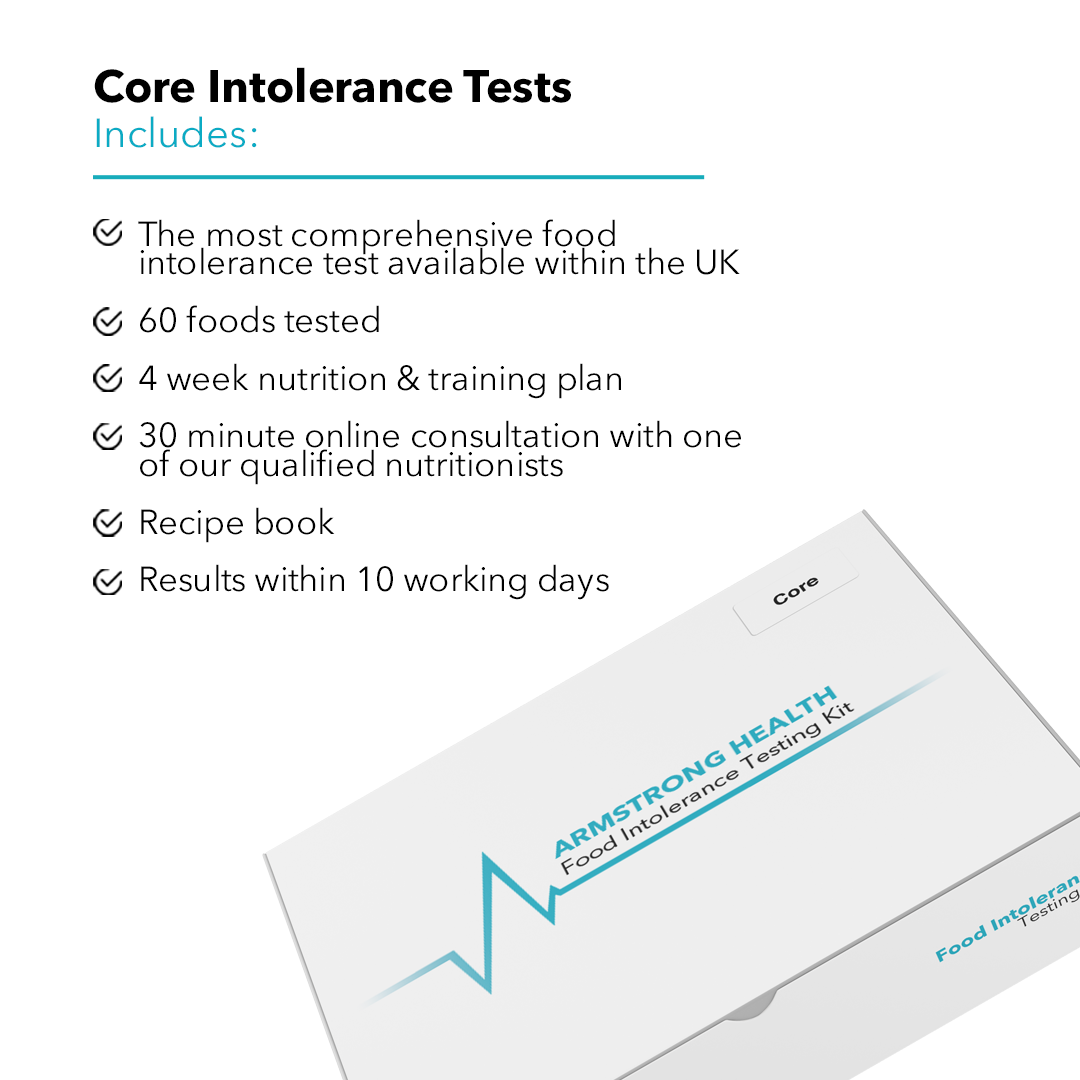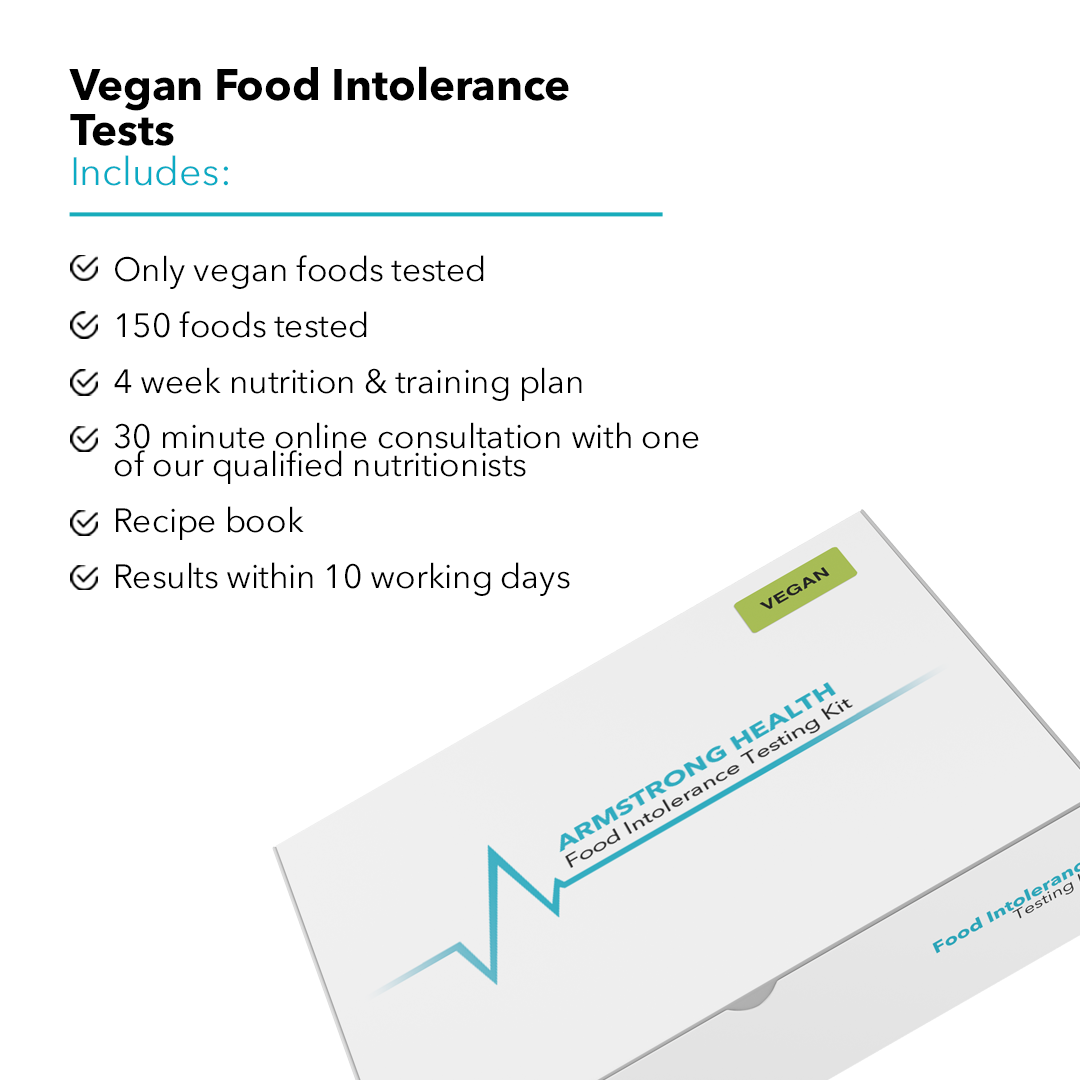Is organic food nutritionally different?
Organic means working with nature. It means lower levels of pesticides, no manufactured herbicides or artificial fertilisers, higher levels of animal welfare, and more environmentally sustainable management of the land and natural environment, which means more wildlife.
Organic is actually nutritionally different…
Research published in the British Journal of Nutrition has found significant nutritional differences between organic and non-organic farming. In 2014, the team at Newcastle University found organic crops are up to 60% higher in a number of key antioxidants than conventionally-grown crops. A new study, released in the British Journal of Nutrition, has also shown that both organic milk and meat contain around 50% more beneficial omega-3 fatty acids than conventionally produced products.
More and more research is finding significant differences between organic and non-organic farming, which presents strong evidence that switching to food produced organically can lead to increased intake of nutritionally desirable antioxidants, without increased calories, as well as a reduced intake of potentially harmful cadmium (aka toxic metals) and pesticides.
Organic farming and food production are not easy and takes real commitment and attention to detail, and is backed up by rigorous, independent inspection and certification. Unlike non-organic food production, which makes wide use of manufactured and mined fertilisers and pesticides. Non-organic food production use a wide range of pesticides which pollute water, the environment and make their way into our food chain. In 2016, over 16,600 tonnes of pesticides were used on British farms to kill weeds, insects and control crop diseases. Many pesticides don’t just kill the target pest. They can affect other wildlife and the environment by either direct poisoning, contaminating water courses or disrupting ecosystems, as well as making their way into the food chain and into us.
An example of what goes into our food ….
Glyphosate is an active ingredient in Monsanto’s Roundup which is the most widely sold weed killer in the world. Government figures show its use in UK farming has increased by a shocking 400% in the last 20 years. Glyphosate is one of three pesticides regularly found in routine testing of British bread, appearing in over 60% of wholemeal bread samples tested by the Defra committee on Pesticide Residues in Food. Glyphosate’s manufacturers insist the levels in our food are safe. But a report by the World Health Organisation’s International Agency for Research on Cancer has concluded that glyphosate is a ‘probable carcinogen’. And research published since the IARC report suggests there is no safe level of glyphosate in food. No herbicides (weed killers) such as Glyphosate are allowed in organic farming. All organic food is fully traceable from farm to fork, so you can be sure of what you’re eating.
We at Armstrong Health Specialist are passionate about living as organically as possibly, from our carrots to our cotton buds. With a growing evidence into the harmful effects of pesticides on our crops and routine use of antibiotics in meat, it’s no surprise that more and more people are making the switch too. Organic food is everywhere. Its available nationwide in over 8,000 supermarkets and independent retailers, box schemes, restaurants and cafes. Just look for the Soil Association label.
If you would like more information on organic products, or how to make the switch to eating healthier please email us at:
info@armstronghealthspecialists.com

